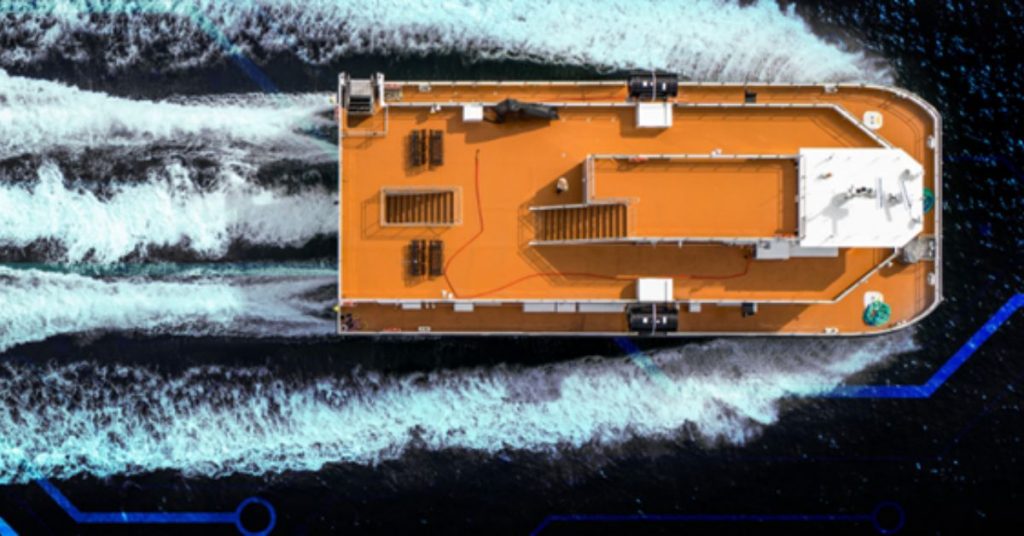Bureau Veritas Marine & Offshore (BV), a world leader in testing, inspection, and certification, has called for greater clarity regarding standardized safety regulations that will advance the development of maritime electrification technologies, following the publication of a new technology report, Maritime Electrification: Maritime Battery Systems and Onshore Power Supply. The report explores how electrification technologies – specifically Energy Storage Systems (ESS) and Onshore Power Supply (OPS) solutions – can act as a viable solution to support maritime decarbonization strategies.
While OPS benefits from existing international standards, battery systems remain under-regulated despite growing safety concerns. The risk of thermal runaway incidents within lithium-ion (li-ion) battery technology poses a serious challenge to crew members. Thermal runaway, a rapid, uncontrollable increase in battery temperature can lead to fires that are difficult to extinguish and poses a significant hazard to crew welfare. Despite the increasing deployment of ESS across the global fleet, current safety guidance remains fragmented and largely non-mandatory.
Classification societies, such as BV, are working to bridge the regulatory gap by establishing technical Rules – such as BV NR467 Rules for the Classification of Steel Ships which outlines technical and safety requirements for marine battery installations – to support the integration of these systems into maritime operations, as well as partnering with industry organizations such as the Maritime Battery Forum to develop voluntary safety guidance.
BV’s technology report highlights the dual opportunity presented by marine batteries and shore power systems. Battery adoption is accelerating, with over 1,000 battery-powered ships in service globally. Meanwhile, OPS systems are already supported by EU regulation, with FuelEU Maritime establishing the mandatory use of OPS systems for container and passenger ships docked at EU ports from 2030, followed by all EU ports with OPS facilities from 2035.
The launch of the technology report follows the International Maritime Organization’s (IMO) MEPC 83 outcomes, announced in April 2025, which sets ambitious emissions reduction targets through 2040. However, current projections indicate the measures may fall short of the 2030 goals, prompting renewed focus on all viable low-emission technologies. Electrification, though not directly addressed at MEPC 83, is increasingly recognized as a viable enabler of the industry’s the net-zero transition.
While existing policies and regulations have provided a foundation for safety and standardization, the technology report acknowledges that there is still work to be done at an international regulatory level to instil confidence in ESS and OPS. Comprehensive, enforceable international standards are needed to ensure the safe deployment of lithium-ion technologies at scale and pace.




Recent Posts
Stena Line’s Hybrid Ferry Stena Futura Completes Sea Trials, Set to Boost Irish Sea Freight Capacity
Taiwanese owner makes methanol move with WinGD across multiple engine orders
Econowind installs four VentoFoils on tanker M/T JUTLANDIA SWAN
Global Maritime Groups Unite to Launch Alliance for Electrification of Shipping Sector
India Charts Green Future for Maritime Sector with Hydrogen Hubs and Sustainable Port Strategy
ZeroNorth’s SMARTShip platform integrates with ClassNK MRV portal to automate emissions reporting
Towngas Partners with TLB, Pacific Basin to Advance Green Marine Fuel Infrastructure in Hong Kong
SECI Extends Bid Deadline for Green Ammonia Tender Under SIGHT Scheme